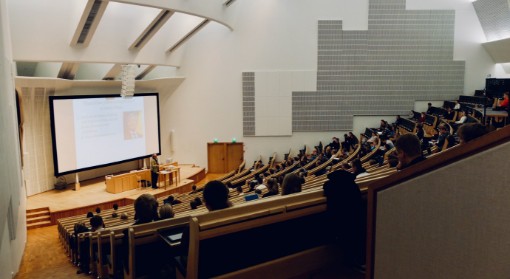Our Work
Our world is evolving rapidly and becoming more interconnected. We are seeing increasing risks that we do not understand well in terms of their impact, such as those arising from new technologies, changing climate and emerging diseases.
Our world is evolving rapidly and becoming more interconnected. We are seeing increasing risks that we do not understand well in terms of their impact, such as those arising from new technologies, changing climate and emerging diseases. Very often, we either underestimate or overestimate these risks due to the lack of credible information. How we perceive a risk affects our personal or society’s decision-making and resource allocation.
Anchored by our research pillars, and outreach and education programmes, we strive to change the way you question, examine and understand risk issues to improve and decision making.
Research Pillars
IPUR undertakes research on the scientific understanding of risk and its practical application through a multi-disciplinary approach that brings together science, engineering, social sciences, and humanities.
Environment & Climate
We help people understand climate change risks better to take actions to mitigate and protect the things they value
Data & Technology
We believe in data innovation that can build up capabilities in technology implementation as well as foster AI reliance and trust
Health & Lifestyle
We turn to research to inform the public on the best practices to lead a uplifting and healthy lifestyle
Signature Projects
We have embarked on other initiatives to challenge and improve the scientific understanding of risk
We equip executives and practitioners through education with strategies and skillsets needed for effective risk communication and intervention. Our key initiative is the online risk communication course available on edX where you can master the tools to communicate risk information effectively to make better decisions in the face of risks.
Outreach plays an important role for us. Through the use of traditional and social media, and also through creative means such as arts and games, we advise and inform stakeholders and the public of our research findings in an informative and visual manner.
Key Signature Project



